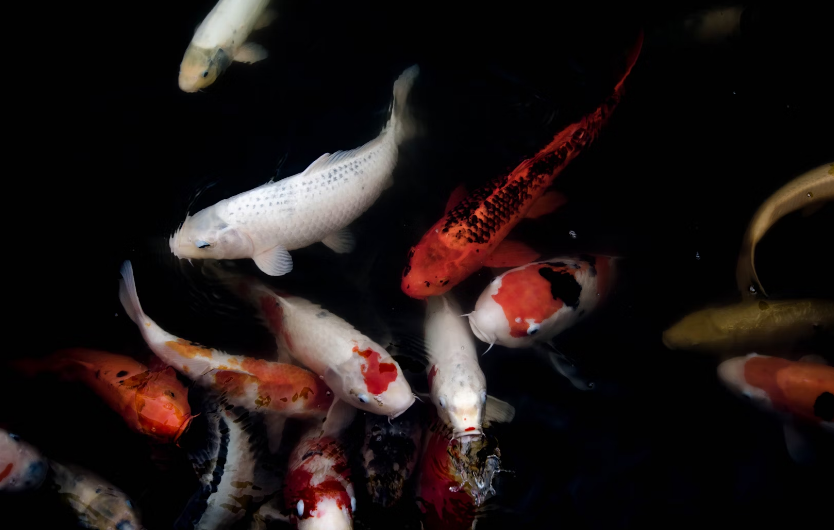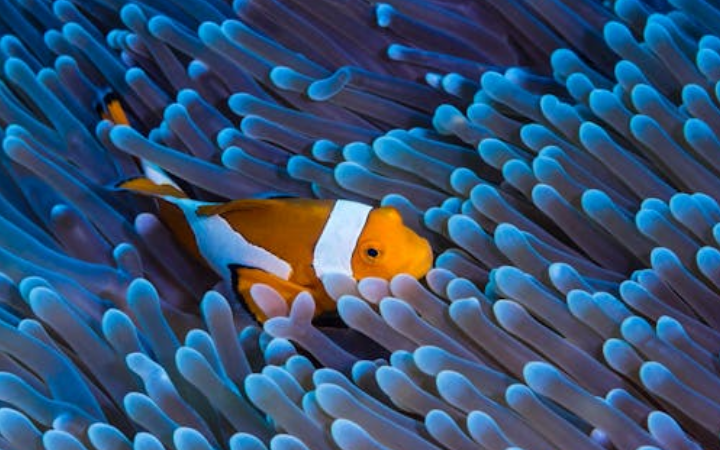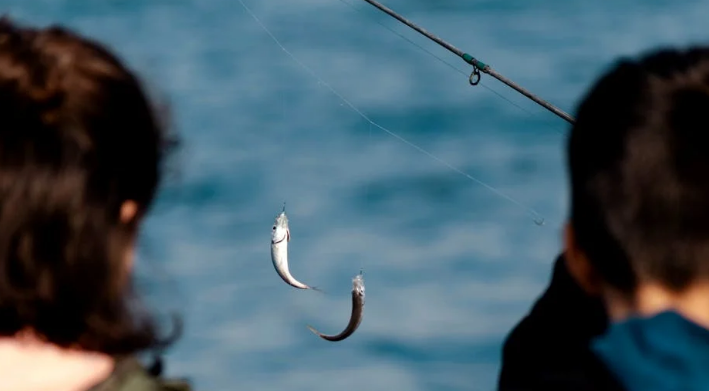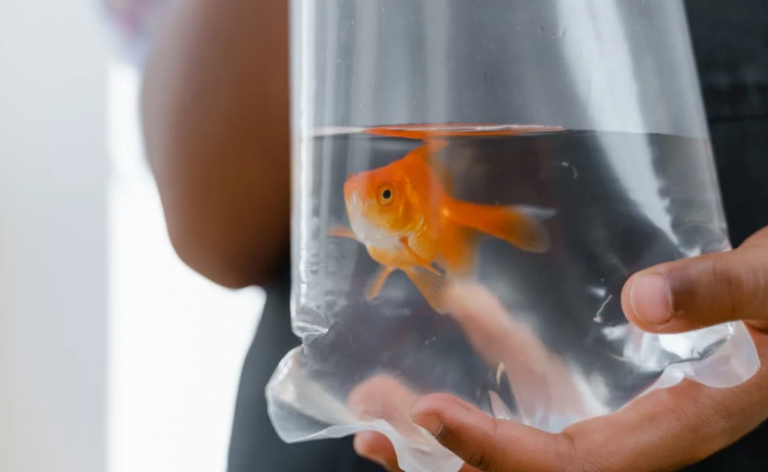Fish are fascinating creatures. They come in all shapes, sizes, and colors. From the tiny neon tetra to the gigantic whale shark, fish have adapted to survive in a variety of environments. But like all living things, fish need food to live.
However, you might wonder: how long can fish survive without eating? Maybe you’re planning a vacation and need to know if your pet fish will be okay. Or you’re just curious about how fish manage their eating habits in the wild.
In this article, we’ll explore how long fish can go without food. We’ll look at different types of fish, their eating habits, and what happens to them when they don’t eat.

Fish in the Wild
Fish in the wild live in a constantly changing environment. Food availability can vary with seasons, weather, and other factors. So, wild fish have developed various ways to survive when food is scarce.
Seasonal Changes
In many parts of the world, the seasons affect the amount of food available to fish. For example, in the winter, water temperatures drop, and many aquatic plants die back or go dormant. This can reduce the food supply for herbivorous fish (fish that eat plants).
Predatory fish (fish that eat other fish or animals) may also struggle as their prey becomes less active or harder to find in colder temperatures. To cope with these changes, fish might eat a lot during the warmer months to build up energy reserves. They then live off these reserves during the winter when food is scarce.
Metabolism Adjustments
Fish have another trick to help them survive periods without food: they can adjust their metabolism. Metabolism is the process by which an organism converts food into energy. When food is plentiful, fish have a high metabolism, which helps them grow and stay active. But when food is scarce, fish can slow down their metabolism. This means they use less energy and can survive longer without eating.
Migration
Some fish migrate to find food. Salmon, for example, travel long distances from the ocean to freshwater rivers to find food and reproduce. These migrations help them access food sources that are not available in their usual habitat.
Fish in Aquariums
Aquarium fish have a different experience. Unlike wild fish, they depend on their owners for food. So, how long can pet fish go without eating? The answer depends on the type of fish and their age and health.
Different Species, Different Needs
Not all fish have the same dietary needs. Some fish, like bettas and guppies, can go a week or more without food. They have slow metabolisms and can survive on less frequent feedings. Other fish, like goldfish, have faster metabolisms and may need more regular feeding.
Young vs. Adult Fish
Young fish, also known as fry, need more frequent feeding. They are growing rapidly and have high energy needs. Fry might need to eat several times a day. Adult fish, on the other hand, have slower metabolisms and can go longer without food.
Health Considerations
The health of a fish also affects how long it can survive without food. A healthy fish with good energy reserves can go without food longer than a sick or weak fish. Fish that are already stressed or sick may not survive long periods without eating.
How Long Can Fish Survive Without Eating?
Now, let’s look at some examples of how long different types of fish can survive without food:
Betta Fish
Betta fish, also known as Siamese fighting fish, are popular pets. They can survive for up to 14 days without food. However, it’s not ideal to leave them without food for that long. Betta fish do best when fed regularly, about once or twice a day.
Goldfish
Goldfish are another common pet. They can survive for about 1-2 weeks without food. Like bettas, it’s not recommended to leave them without food for this long. Goldfish have a faster metabolism and should be fed once or twice a day.
Guppies
Guppies are small, colorful fish that are often kept in home aquariums. They can go without food for about 1 week. Guppies should be fed small amounts of food once or twice a day.
Neon Tetras
Neon tetras are small, schooling fish. They can survive without food for about a week. However, to keep them healthy and happy, they should be fed daily.
Cichlids
Cichlids are a diverse group of fish that includes species like angelfish and discus. The survival time without food varies among cichlid species, but most can survive for up to 7-10 days. Regular feeding, at least once a day, is recommended.
Large Predatory Fish
Large predatory fish, like sharks and piranhas, can survive longer without food. Some sharks can go weeks or even months without eating. These fish have large energy reserves and slow metabolisms, allowing them to endure long periods without food.
What Happens to Fish Without Food?
When fish don’t eat, their bodies use stored energy to survive. This energy comes from fat and muscle reserves. Over time, if they don’t get food, they start to lose weight and become weak. Their immune systems can also weaken, making them more susceptible to diseases.
In the wild, fish might eventually find food or move to a place where food is more plentiful. But in an aquarium, fish depend on their owners for food. If they don’t get fed, they can become stressed and unhealthy.
Tips for Feeding Fish
To ensure your fish stay healthy, here are some tips for feeding them:
Feed the Right Amount
It’s important not to overfeed or underfeed your fish. Overfeeding can lead to poor water quality and health problems. Underfeeding can make your fish weak and sick. Follow the feeding guidelines for your specific fish species.
Feed at Regular Intervals
Try to feed your fish at the same time each day. This helps them establish a routine and stay healthy. Most fish do well with once or twice daily feeding.
Provide a Balanced Diet
Different fish species have different dietary needs. Some fish are herbivores (plant eaters), others are carnivores (meat eaters), and some are omnivores (eat both plants and animals). Make sure you provide a balanced diet that meets the nutritional needs of your fish.
Prepare for Vacations
If you’re going on vacation, make plans for feeding your fish. You can ask a friend or neighbor to feed them, or use an automatic feeder. Some fish can go a few days without food, but for longer trips, make sure they have a reliable food source.
Conclusion
Fish are remarkable creatures with unique adaptations to survive in their environments. In the wild, they have various strategies to cope with food scarcity, such as slowing their metabolism or migrating to find food. In aquariums, fish rely on their owners to provide regular meals.
Understanding the dietary needs of your fish and how long they can go without food is important for their health and well-being. By feeding them the right amount of food at regular intervals and providing a balanced diet, you can ensure your fish thrive.



